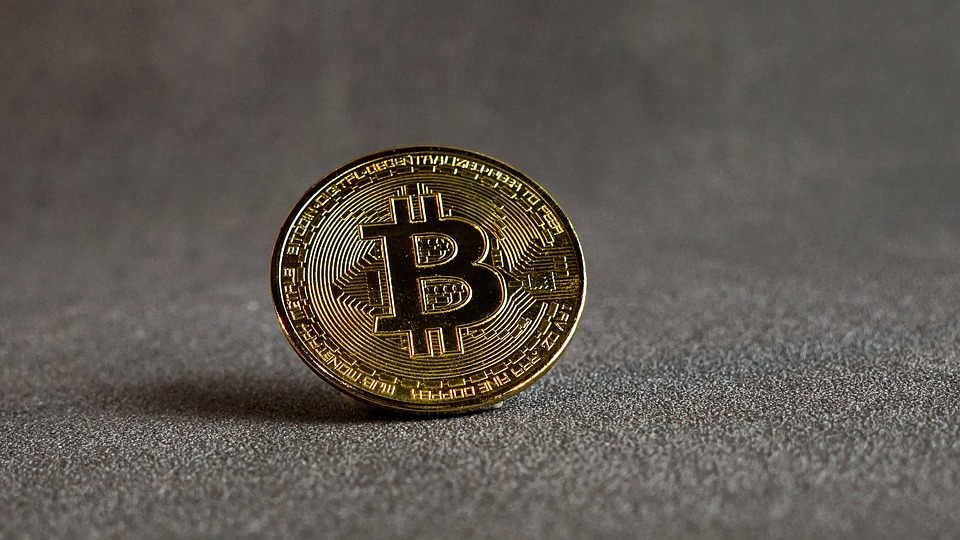In recent years, the blockchain and cryptocurrency landscape has transformed from a niche interest into a global phenomenon, drawing millions of enthusiasts, investors, and developers. This evolution has been significantly fueled by the rise of social media, which has proven to be indispensable in fostering vibrant crypto communities. These platforms not only facilitate interaction and collaboration among enthusiasts but also serve as crucial information hubs for the rapidly changing world of digital currencies and blockchain technology.
The Emergence of Crypto Communities
The genesis of crypto communities can be traced back to early blockchain projects such as Bitcoin and Ethereum. Initially, forums like Bitcointalk.org and Reddit’s r/Bitcoin provided a space for enthusiasts to discuss developments, share knowledge, and provide support to one another. The shift to mainstream acceptance necessitated a more expansive and dynamic mode of communication, leading to the proliferation of social media platforms like Telegram, Discord, Twitter, and Facebook.
These platforms have become the backbone of the crypto community, allowing individuals from varied backgrounds and regions to connect over a shared passion for technology, finance, and innovation. As cryptocurrencies have gained popularity, these communities have expanded, growing to include not only developers and investors but also marketers, artists, and everyday people interested in financial empowerment through blockchain technology.
The Role of Social Media in Building Stronger Communities
1. Information Dissemination
The crypto world is known for its volatility and rapid developments. Social media acts as a real-time news aggregator, allowing community members to share insights, market trends, and project updates swiftly. Platforms like Twitter, often dubbed ‘Crypto Twitter’, have become essential for following major developments, engaging directly with project teams, and gaining insight from industry experts. Twitter threads, memes, and hashtags can quickly disseminate valuable information, making it easier for members to stay informed.
2. Collaboration and Networking
Social media tools enable crypto enthusiasts to collaborate across borders more effectively than traditional means of communication. Platforms like Discord and Telegram facilitate interactive discussions, allowing members to create dedicated groups around specific interests, projects, or technologies. This environment encourages collaboration among developers, investors, and content creators, fostering an ecosystem that thrives on innovation and creativity.
3. Support and Education
For newcomers to the crypto space, navigating the complexities of blockchain technology and cryptocurrency investing can be daunting. Social media serves as a valuable educational resource where beginners can ask questions, seek guidance, and learn from experienced community members. Many enthusiasts leverage platforms to share tutorials, guides, and personal experiences, creating a culture of support and empowerment. Moreover, YouTube channels and podcasts also play a crucial role in educating the broader audience about the fundamentals of crypto and trading strategies.
4. Creating a Sense of Belonging
The decentralized nature of blockchain projects often translates into a sense of belonging and identity among community members. Social media allows individuals to share their journeys, celebrate achievements, and support each other through challenging times. Communities foster a collective spirit, with members rallying around projects they believe in and working collaboratively towards common goals. The emotional connection built within these networks can be a powerful motivator for individuals to stay engaged, whether through participation in discussions, attending virtual events, or advocating for their preferred projects.
5. Influencing Market Trends
Social media has significant power over market sentiment in the cryptocurrency world. Critical decisions, such as investments or sell-offs, can often be traced back to buzz generated on social platforms. Influencers and thought leaders can sway opinions and drive trends through their tweets, posts, and engagement with followers. This dynamic has given rise to a new breed of digital influencers who wield considerable power over the crypto narrative.
The Challenges Ahead
While social media has played an instrumental role in the rise of crypto communities, it is not without challenges. Misinformation, pump and dump schemes, and scams proliferate on these platforms, potentially leading to significant losses for uninformed investors. The decentralized nature of many crypto projects can foster tribalism and divisive behavior among communities, where ideological differences lead to hostility instead of collaboration.
Conclusion
The rise of crypto communities fueled by social media underscores the importance of connection, education, and collaboration in the blockchain space. As cryptocurrencies become more mainstream, the role of social media will likely expand, acting as a catalyst for innovation, transparency, and community building. For blockchain enthusiasts, engaging in these communities represents both an opportunity to learn and an avenue to influence the future of finance and technology. As we move forward, fostering responsible and supportive online interactions will be vital in cementing the crypto community’s role as a transformative force in the broader economic ecosystem.

